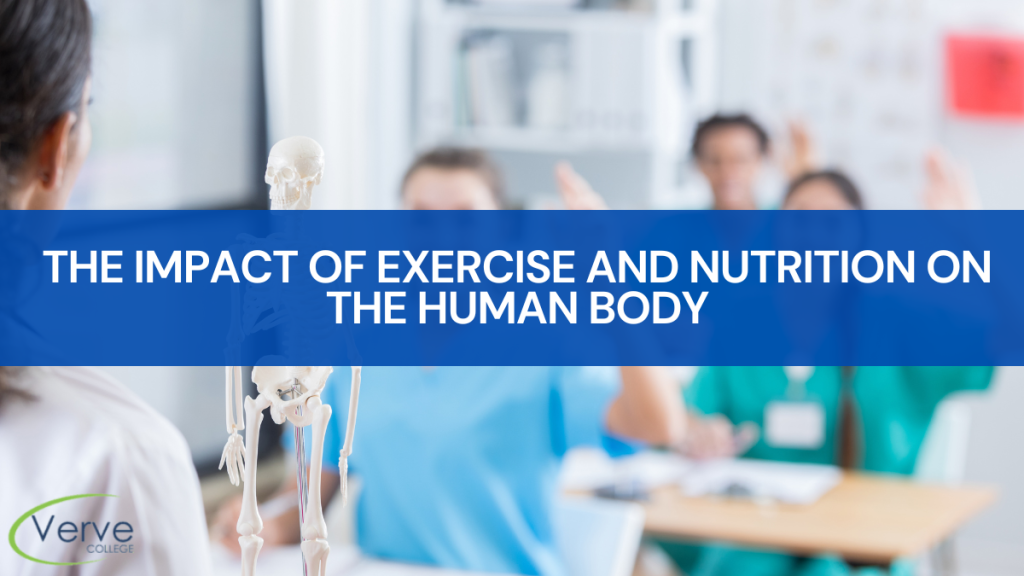- Oak Brook:(630) 705-9999
- Chicago:(312) 920-8822
- Email:inquiry@vervecollege.edu
- Make a Payment
- Home
- Programs
- Admission
- Resources
- ATI Entrance Exam Resources
- New E-Digital Library
- Refer a Friend
- School Newsletter
- Events
- Employers
- Job-Network
- Alpha Beta Kappa Candidates
- Verve College Library
- Graduation and Pinning Ceremony Photo Galleries
- Textbook Information
- Career Services
- Tutoring
- School Catalog
- FAQ
- Constitution Day Program
- Alumni
- Verve College Plans
- Financial Aid
- HEERF Reporting
- Satisfactory Academic Progress
- Apply For Financial Aid
- Net Price Calculator
- Return of Title IV Funds (R2T4)
- Financial Aid Office Code of Conduct
- Contact
- FAQs
- Verification Policy
- Vaccination Policy
- Student Right-to-Know Act
- Misrepresentation
- Information Security Program
- Academic Award Year
- Availability of Employee
- Cost of Attendance
- Health & Safety Exemption Requirement
- Students Rights and Responsibilities
- Leave of Absence
- Pell Formula
- Military Students
- Grants/ Scholarship Policy
- Contact Us
- Login
- Testimonials
- Blog
Is a Nursing Career Right For You?
Take The Free Quiz
A&P Class: Impact of Exercise and Nutrition on the Human Body
A&P Class: Impact of Exercise and Nutrition on the Human Body
You fuel molecular, cellular, and organ system activities using the energy from the carbs, lipids, and proteins in your food. Fats are the primary form in which energy is stored. The quantity of calories consumed and how well they are digested and absorbed determines how much fat is stored as excess calories (fatty acids – amino acids).
How much and what you consume directly affects your health. Food excess or deficiency might result in major health issues. A poor diet and harmful lifestyle choices like smoking might result in major medical issues which you will learn in a&p class such as fatty acids, and the flow of blood supply in blood vessels.
Food and Metabolism
Calories are a unit of measurement for how much energy a person gets each day. People need about 1500-2000 calories daily to keep up with their normal activities. This number can vary depending on your body weight, height, and how active you are. If you’re active all the time, you might need more calories for proper. People tend to underestimate how many calories they’re eating and overestimate how many they’re burning fatty acids according to their blood pressure. This can lead to people eating too many calories each day.
Related:- A&P Class: How to Study Effectively and Retain Information?
The way you eat affects how fast your body uses energy. Digestion of Carbohydrates is processed less energetically than proteins, so you burn fewer calories digesting them according to people’s metabolic rate. This is especially true when it comes to breaking down carbohydrates (digestion of carbohydrates). On the other hand, processing proteins takes much energy in the flow of blood vessels or blood cells. This is why weight depends on how many calories we eat and use. To lose weight, we must consume fewer calories than we burn daily according to immune responses. This can be done by eating foods and drinks of all kinds, including those containing calories for which immune responses.
MyPyramid and MyPlate offer recommendations on what foods to eat each day according to blood pressure. MyPyramid recommends that fruits and vegetables make up half of your plate, while grain foods make up more than protein foods. A drink represents dairy products, and other dairy foods are included too for fatty acids such as amino acids.
Everyday Connections: Metabolism And Obesity
BMI is a measure of how overweight or obese someone is. Normal or healthy BMI ranges are 18-24.9 kg/m2, while a BMI between 18-29.9 kg/m2 is considered overweight. Obesity is defined as a BMI of 30 kg/m2 or more. Various factors, including a poor diet, lack of sleep, obesity, diseases, poor heart rate, reproductive hormones, thyroid hormones, or drugs, can cause obesity. Weight loss can reduce or reverse the health complications caused by obesity. For more search anatomy and physiology course near me.
Vitamins
Vitamins and organic compounds are found in food and are essential to biochemical reactions. They participate in various functions, including bone and mineral metabolism, cell and tissue growth, and cell division. The most crucial vitamins for metabolism are the B vitamins. Most vitamins are found in food. Some are also created when the body absorbs nutrients during digestion. A, D, E, and K are the four fat-soluble vitamins. They are absorbed through the intestine and stored in lipids. Vitamin D can also be created when the skin is exposed to sunlight. Excess vitamins can build up in the body’s lipid stores, leading to hypervitaminosis. The eight B vitamins and vitamin C are examples of water-soluble vitamins. They are taken up by the digestive system together with water. These vitamins are not retained since water-based physiological fluids easily absorb them.
Minerals
Organic substances called food minerals work with other nutrients to keep the body healthy. The body cannot produce minerals. They must be consumed through diet. Minerals make up only 4% of the body’s bulk. Potassium, sodium, and calcium make up the majority of this. Minerals are important for the body because they can be used to do things like help form hemoglobin (blood level) and be essential for other functions in blood supply. Some minerals are needed in smaller amounts, while others are needed in greater quantities. Minerals can also be toxic, just like vitamins. Minerals can be toxic if they are not consumed in sufficient quantities, know more in anatomy classes near me. Learn about the flow of blood supply its oxygenated blood levels, blood osmolarity, and immune responses.
 Sign up
Sign up Login
Login




